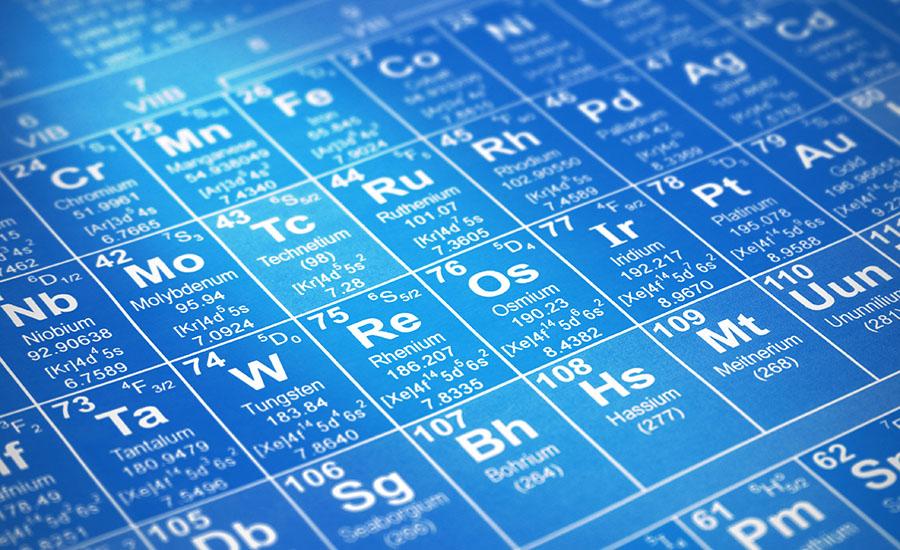
Chemistry - Let's Lick the Spoon
by Amanda Stalvey Harrison
The first rule in the chemistry lab is “don’t eat or drink or lick anything in the lab”! This lesson breaks those rules and shows students how culinary is really a practical application of chemistry. Through this lesson, students will feel like culinary chemists! Students will be using chemical processes to spherify fruit juices and other school appropriate drinks, through molecular gastronomy. This lesson will guide you through a sample lesson structure, key resources, materials lists, and the recipes that were found to work the best. This is a great way to collaborate with your school’s culinary teacher and class to highlight both your classes and contents.
Lesson Plan Link/URL
https://docs.google.com/presentation/d/1Wc9JqcZRv_m8zBtz6qFwhWdos-UyhlSi/edit?u…Subject Area
Science Physical Science P1: Matter Technology 1. Empowered Learner 2. Digital Citizen Mathematics Counting and Cardinality (CC) Measurement and Data (MD) Ratio and Proportion (RP) English Language Arts (ELA) Reading (Literature) Reading (Informational Text) Writing Speaking & Listening
Featured
Off
Related Content

Grades:
10th Grade, 11th Grade, 12th Grade
After learning about emission spectra, electron energy levels, orbitals and configurations, and periodic trends for atomic radius and ionization energy; this is concluding activity that require

Grades:
8th Grade, 9th Grade, 10th Grade, 11th Grade, 12th Grade
I use this egg drop/crash lesson as an introduction to Energy and Energy Transfer in physics. Students understand basic kinematics, but I generally conduct this lesson before projectile motion, but it

Featured
Pumpkin Jack Part One
Grades:
4th Grade
This lesson includes fourth grade reading, writing, math, science, and engineering standards. The potential is endless with additional enrichment activities. Students participate in the nurturing and